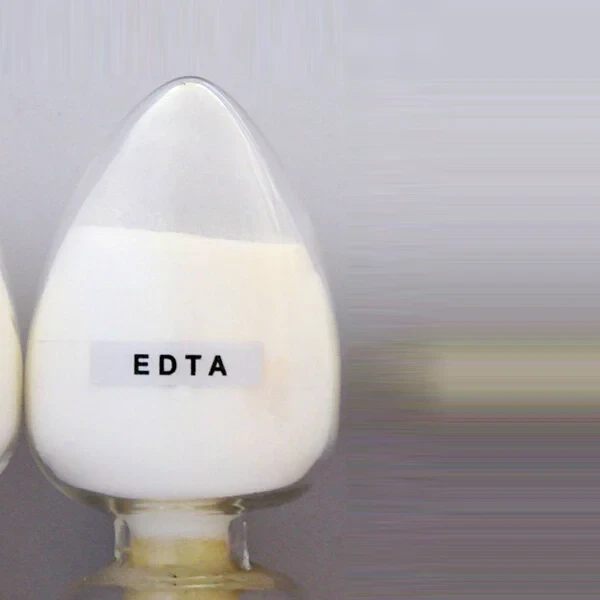
News
Sau . 06, 2025 11:19 Back to list
sodium polyaspartate
Sodium polyaspartate, a biodegradable polymer derived from aspartic acid, has gained substantial attention in recent years due to its diverse applications and eco-friendly nature. As a burgeoning expert in eco-sustainable products, I have witnessed firsthand the transformative impact of sodium polyaspartate in various industries, particularly in agriculture, detergent manufacturing, and water treatment.

In agriculture, sodium polyaspartate has proven to be a game-changer as a water-retention agent. Farmers often struggle with maintaining soil moisture, particularly in arid regions where water scarcity can cripple crop yields. Using sodium polyaspartate considerably boosts the soil's ability to retain water, thereby ensuring that crops receive a consistent supply of moisture. This not only enhances plant growth but also reduces the frequency of irrigation, saving precious water resources. Furthermore, its biodegradable nature means that it breaks down naturally over time, minimizing any negative environmental impact.
In the detergent industry, sodium polyaspartate offers a compelling alternative to traditional phosphates, which, though effective, have come under scrutiny for their deleterious effects on aquatic ecosystems. As an anti-scaling and anti-redepositing agent, sodium polyaspartate ensures that clothes are not only cleaner but also remain intact longer because it prevents mineral deposits on fabric fibers. Manufacturers have noted that incorporating this polymer into their products not only satisfies an eco-conscious consumer base but also adheres to increasing environmental regulations.

Water treatment plants have long sought efficient and sustainable solutions for scale prevention and water softening. Sodium polyaspartate stands out in this domain due to its superior chelating properties. By effectively binding with metal ions such as calcium and magnesium, it prevents scale formation, thereby enhancing the longevity and efficiency of water systems. Its capacity to function at varying pH levels also makes it a versatile option for different water treatment scenarios. Plant operators report that using sodium polyaspartate significantly reduces maintenance costs and boosts operational efficacy, reinforcing its status as a reliable and eco-friendly treatment method.
sodium polyaspartate
Despite its advantages, the adoption of sodium polyaspartate across various sectors is not without challenges. Supply chain considerations and cost efficiency remain critical factors for manufacturers. However, ongoing research and development continue to drive innovations that improve its production and application methods, promising a brighter, more sustainable future.
Sodium polyaspartate's rise is not just a testament to increasing environmental awareness but also to the importance of sustainable innovation in solving contemporary challenges. For industry professionals and consumers alike, embracing such eco-friendly alternatives is not merely a trend but a pivotal step towards securing our planet's future. As sodium polyaspartate continues to evolve and expand its applications, it substantiates its role as a cornerstone in the movement towards sustainable industry practices.
Leveraging my expertise in eco-sustainable products and maintaining a steadfast commitment to fostering greener solutions, I advocate for sodium polyaspartate as a paragon of modern innovation—a vital asset in both industrial and environmental transformation.
-
Polyaspartic Acid Salts in Agricultural Fertilizers: A Sustainable Solution
NewsJul.21,2025
-
OEM Chelating Agent Preservative Supplier & Manufacturer High-Quality Customized Solutions
NewsJul.08,2025
-
OEM Potassium Chelating Agent Manufacturer - Custom Potassium Oxalate & Citrate Solutions
NewsJul.08,2025
-
OEM Pentasodium DTPA Chelating Agent Supplier & Manufacturer High Purity & Cost-Effective Solutions
NewsJul.08,2025
-
High-Efficiency Chelated Trace Elements Fertilizer Bulk Supplier & Manufacturer Quotes
NewsJul.07,2025
-
High Quality K Formation for a Chelating Agent – Reliable Manufacturer & Supplier
NewsJul.07,2025
